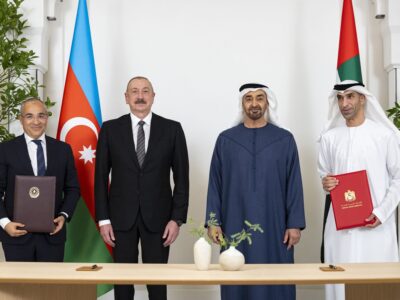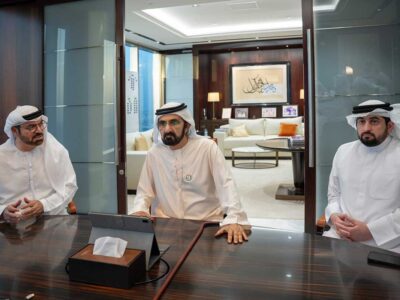It’s not hard to see why Sepp Blatter was actually so popular within FIFA, and why 136 of the 209 world football associations voted for him to stay in power last week. There they were, his long-time cronies, standing up to applaud the man who always gave them what they wanted: cash.
For all that’s been written about FIFA’s complex structure, it’s actually quite a simple set up. If you run one of the world’s 209 football associations, and you support Blatter, he made sure you are sorted financially. Not a difficult thing to do, given the four-year cycle leading to the 2014 Brazil World Cup made $4.8bn in revenues for FIFA, of which a staggering $2.6bn was pure profit. Plenty to go around for everyone. Cash for individuals (fees), cash for their associations (support) and cash for many social projects (good deeds). The other word for all this is bribes.
And we now know for sure, thanks to the FBI investigation, what everyone always thought: FIFA is institutionally corrupt. Hundreds of millions of dollars have been doled out over the years in bribes to secure World Cup votes, marketing and sponsorship deals. The question for the 209 FIFA delegates is not who is dirty, but who is clean?
But as Blatter begins his long goodbye after announcing his intention to resign last week, FIFA finally has a chance to restore its integrity. And it can do so very quickly by taking the following three steps.
First, it must not wait six months to elect a new leader. The 209 FIFA freeloaders will be more than happy to have another junket in Zurich for a congress to choose Blatter’s successor. That can be done in two months.
Second, it must choose a leader completely untainted by scandal and completely unconnected to Blatter. Leading contenders so far include Michel Platini, Bahrain’s Sheikh Salman Bin Ebrahim Al Khalifa (president of the Asian Football Confederation) and Kuwait’s powerful Sheikh Ahmad Al Fahad Al Sabah. Given the latter two both voted for Blatter, they may be too polarising. As for Platini, his own role in helping Qatar with the 2022 World Cup remains too murky for him to get the top job. He was a great footballer, but has proved a weak leader. Soccer legends Luis Figo and Zico are interesting choices.
But why not go one better and make a completely clean break? Bring in a CEO of global stature, with a proven track record of running multi-billion dollar corporations successfully. Some like the retired former boss of General Electric, Jack Welch, arguably the world’s greatest ever CEO.
And third, we come to the rather tricky question of what to do with the 2018 and 2022 World Cups. Again, there is a simple way forward. FIFA ethics investigator Michael Garcia spent 18 months and $6m compiling a 430-page report into allegations of wrongdoing during the bidding process for both the tournaments. In November last year, FIFA decided to publish a 42-page summary of the report, which cleared both Russia and Qatar. A day later, Garcia resigned, saying the summary had “numerous materially incomplete and erroneous representations of facts and conclusions”.
This report must now be published in full. In fact, Qatar, which has been subject to a campaign of dirty tricks by its detractors, should actually lead the calls for its publication. Let the world read the report in full, let the world make its own conclusions, and then let a newly elected FIFA president decide whether the bids need to be re-run. That is the only fair way forward not just for football but for Qatar.
As for Blatter himself, it now transpires that he hasn’t set foot in the US for four years. Now we know why. He probably, and understandably, doesn’t want to be paraded in an orange jumpsuit entering a plea in court. However, after four terms as president and presiding over a shambolic and crooked organisation, I suspect the next four words we hear from him will be: “Not guilty, your honour.”







